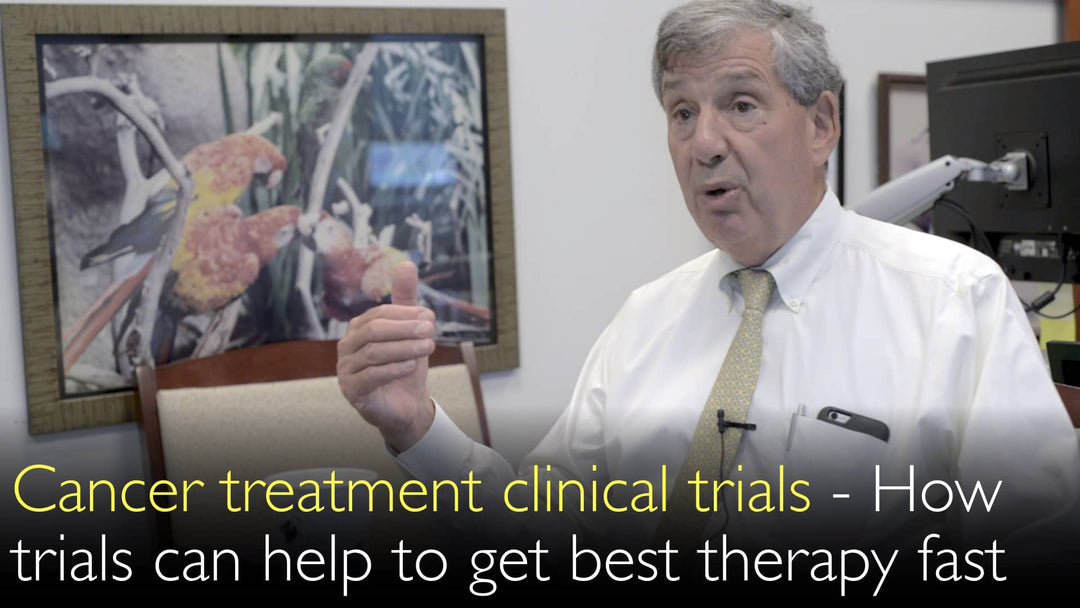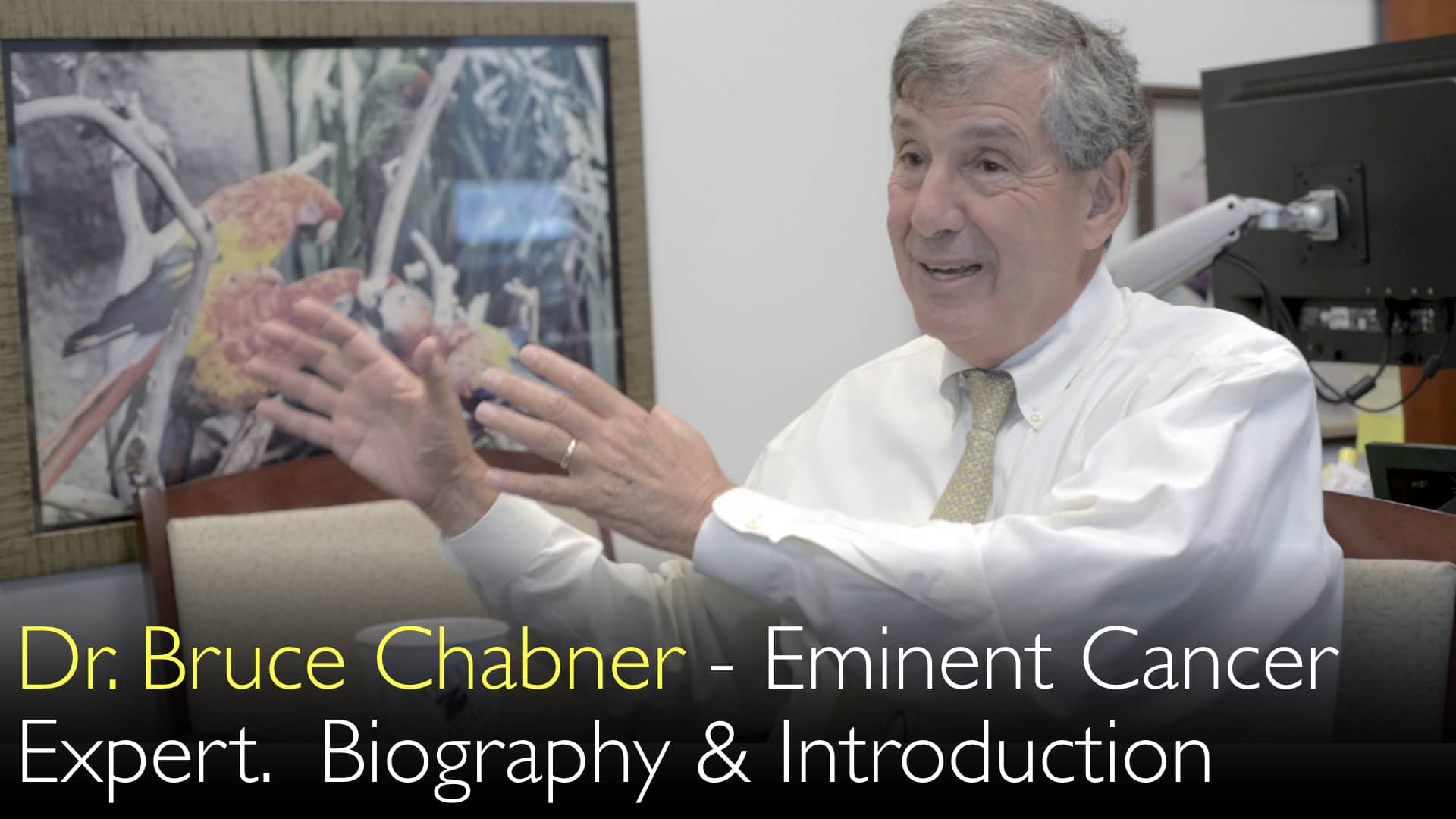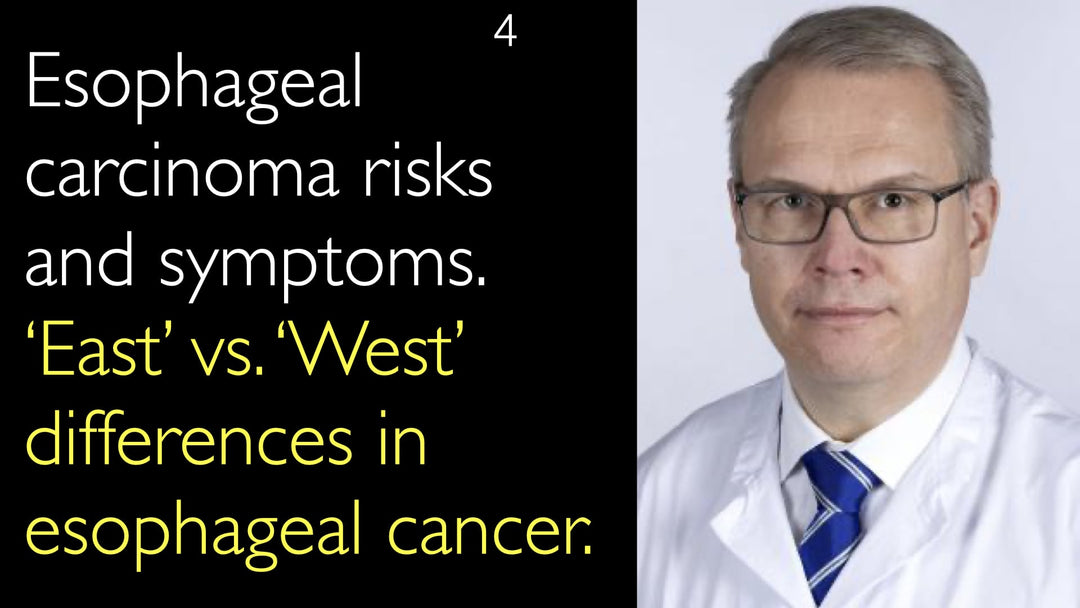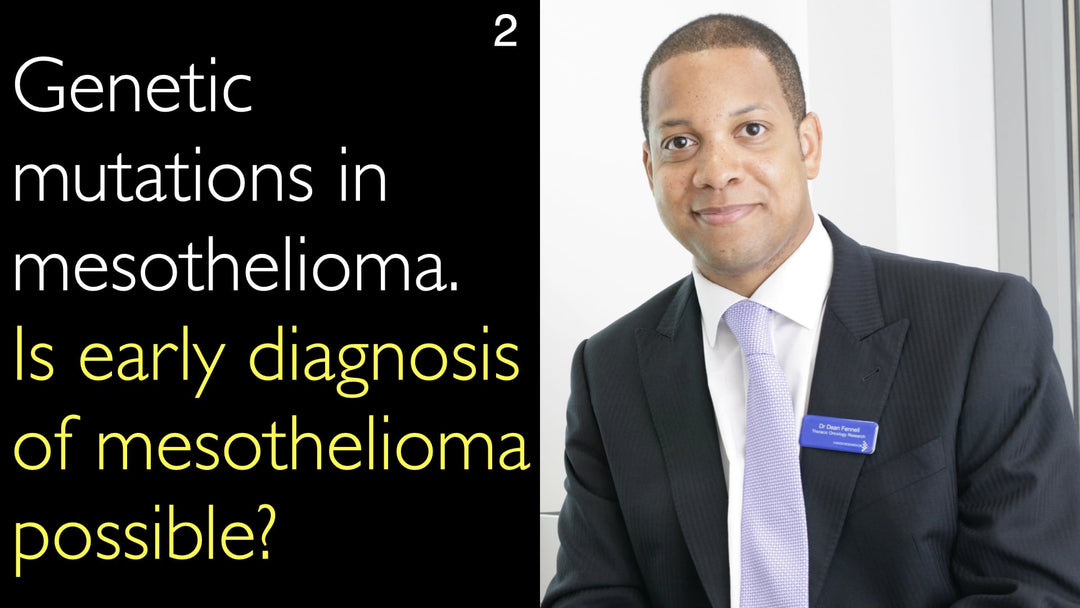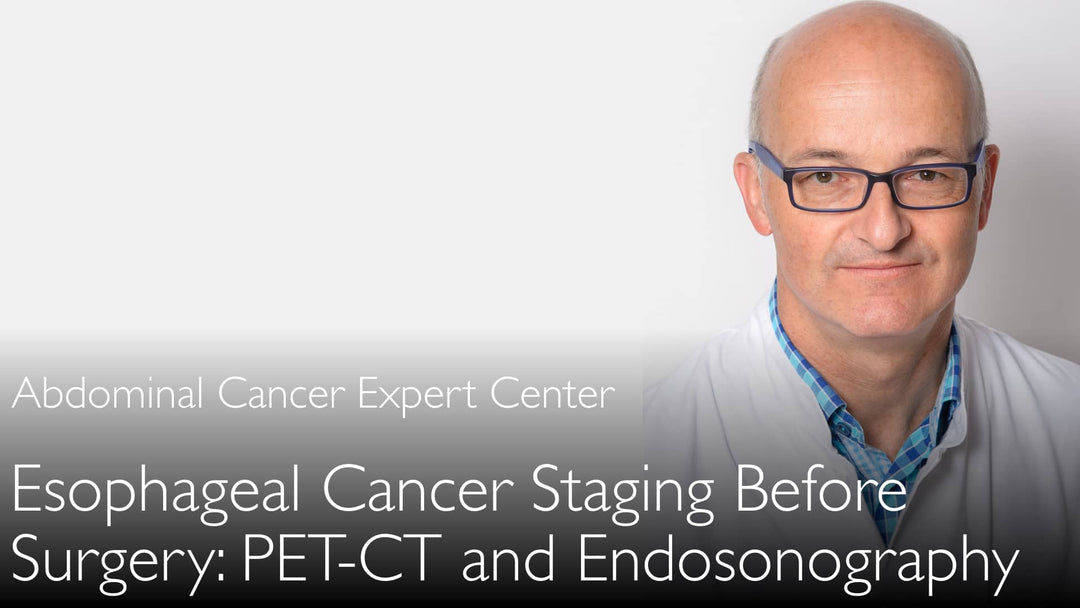מומחה מוביל באונקולוגיה ובפיתוח תרופות לסרטן, ד"ר ברוס צ'אבנר, MD, מסביר כיצד ניסויים קליניים מודרניים מציעים מסלול מהיר יותר לטיפול יעיל, ומפרט את ההתפתחות ממחקרים שנמשכו עשור ועד לניסויים ממוקדים של ימינו שיכולים להוביל לאישור מהיר של ה-FDA ולתועלת משמעותית למטופלים עם הפרופיל הגנטי המתאים.
כיצד ניסויים קליניים מאיצים גישה לטיפולים חדשים ויעילים בסרטן
קפיצה לפרק
- ניסויים קליניים לחולי סרטן
- תהליך האישור ההיסטורי של תרופות לסרטן
- מהפכת הטיפולים הממוקדים
- תהליך האישור המודרני של ה-FDA
- יתרונות הגישה המוקדמת לניסויים קליניים
- התפקיד המכריע של בדיקות גנטיות
- עתיד המחקר בסרטן
- תמליל מלא
ניסויים קליניים לחולי סרטן
ניסויים קליניים מהווים מנגנון יסודי להבאת טיפולים חדשים ויעילים בסרטן לחולים, ומציעים מסלול פוטנציאלי לטיפול שעשוי להיות יעיל יותר מאפשרויות סטנדרטיות. ד"ר ברוס צ'אבנר, MD, אונקולוג בכיר עם ניסיון של עשרות שנים, מדגיש שבעוד שחולים חייבים להיות מודעים לניסויים העדכניים, עליהם גם להבין היטב את המטרות והמגבלות הספציפיות שלהם. השאלה המרכזית, כפי שהציג המראיין ד"ר אנטון טיטוב, MD, היא כיצד ניסויים אלו מסייעים בסופו של דבר לחולים לקבל טיפול סרטן טוב יותר במהירות רבה יותר.
תהליך האישור ההיסטורי של תרופות לסרטן
ד"ר ברוס צ'אבנר, MD, החל את הקריירה שלו במחקר אונקולוגי בשנת 1967, תקופה שבה נוף פיתוח התרופות היה שונה לחלוטין. הקריטריון העיקרי לאישור תרופה חדשה לסרטן היה עלייה מוכחת בהישרדות הכללית של החולים. תקן הזהב הזה означаה שניסויים קליניים היו נרחבים וארוכים, ולרוב נמשכו בין 7 ל-10 שנים להשלמה לפני שתרופה יכלה להיחשב כיעילה ולהפוך זמינה לציבור הרחב.
תהליך ממושך ויקר זה הציע מעט עידוד להשקעה פרמצבטית באונקולוגיה. ד"ר ברוס צ'אבנר, MD, מציין שלמרות האתגרים, כמה כימותרפיות יסוד כמו Taxol, Cisplatin ו-Doxorubicin emerged from this era. תרופות אלו, המשמשות עד היום, דרשו סבלנות ומשאבים עצומים לפיתוח ולהוכחת היעילות שלהן בפני רגולטורים כמו ה-FDA.
מהפכת הטיפולים הממוקדים
שינוי פרדיגמה משמעותי occurred approximately 15 years ago עם advent of targeted cancer medications. פריצת דרך זו שינתה fundamentally את תהליך הניסוי הקליני. במקום לבחון תרופה על אוכלוסייה רחבה ולא נבחרת ולהמתין עשור לנתוני הישרדות, חוקרים יכולים כעת לתכנן ניסויים עבור אוכלוסיות חולים ספציפיות whose tumors had a known genetic target.
ד"ר ברוס צ'אבנר, MD, מסביר שגישה ממוקדת זו קיצרה drasticly את תקופת פיתוח התרופה מ-10 שנים ל-2 או 3 שנים בלבד. בניסויים מודרניים אלו, תרופה חדשה יכולה להיחשב כ"יעילה באופן יוצא מן הכלל" על ידי הדגמת שיעורי תגובה גבוהים של הגידול (הקטנה) והישרדות ארוכה significantly בהשוואה לטיפול הסטנדרטי באותה קבוצה נבחרת בקפידה.
תהליך האישור המודרני של ה-FDA
היכולת להוכיח efficacy בניסויים קליניים בשלב מוקדם revolutionized את תהליך האישור הרגולטורי. ד"ר ברוס צ'אבנר, MD, מדגיש ש-U.S. Food and Drug Administration (FDA) and its European counterparts now approve new cancer therapies based on compelling data from these initial studies, rather than mandating lengthy comparative Phase III trials in every instance.
מסלול אישור מואץ זה means that breakthrough medications can be brought to market much faster than was possible in the past. תרגום מהיר זה של מחקר מהמעבדה לקליניקה הוא תועלת ישירה של מודל הטיפול הממוקד ומספק כלי עוצמתי עבור אונקולוגים המחפשים את האפשרויות הטובות ביותר עבור חוליהם.
יתרונות הגישה המוקדמת לניסויים קליניים
עבור חולים בודדים, היתרון המשמעותי ביותר הוא הפוטנציאל לגישה מוקדמת לטיפול highly effective. ד"ר ברוס צ'אבנר, MD, מאשר את נקודתו של ד"ר טיטוב that patients can be treated during a clinical trial, potentially gaining a substantial therapeutic benefit long before the drug is commercially available. הזדמנות זו היא especially critical עבור חולים who have exhausted standard treatment options.
המפתח, according to Dr. Chabner, is getting into the "correct" clinical trial. היתרון אינו מובטח על ידי השתתפות בניסוי alone; it is contingent on a patient's specific cancer biology aligning perfectly with the mechanism of the experimental treatment being studied.
התפקיד המכריע של בדיקות גנטיות
זיהוי הניסוי הנכון הוא בלתי אפשרי without comprehensive genetic testing of the tumor. ד"ר ברוס צ'אבנר, MD, מדגיש that molecular profiling is the essential first step for any patient considering an experimental therapy. By understanding the unique genetic drivers and mutations of a tumor, oncologists can match patients to clinical trials investigating drugs designed to target those specific alterations.
אסטרטגיה זו of biomarker-driven enrollment ensures that patients most likely to respond are selected for the trial, which increases the chances of a positive outcome for the participant and generates clearer, more compelling data for the drug developers and regulators.
עתיד המחקר בסרטן
האבולוציה described by Dr. Chabner points toward an increasingly personalized future for cancer medicine. הפיתוח המתמשך של targeted therapies and immunotherapies will rely even more heavily on sophisticated clinical trials that use genetic biomarkers for patient selection. גישה זו maximizes efficiency in drug development and continues to accelerate the pace at which new, life-extending treatments reach the patients who need them most.
As Dr. Anton Titov, MD, discusses with experts like Dr. Chabner, patient education and awareness remain paramount. Understanding that clinical trials are a viable and often advantageous treatment option is the first step for many patients and families navigating a complex cancer diagnosis.
תמליל מלא
ד"ר אנטון טיטוב, MD: כיצד ניסויים קליניים מסייעים לחולי סרטן לקבל טיפולי סרטן טובים יותר? כיצד ניסויים קליניים של תרופות לסרטן מסייעים לקבל טיפול סרטן יעיל יותר במהירות?
ד"ר ברוס צ'אבנר, MD: אני נמצא בתחום האונקולוגיה זמן רב. אני עוסק במאמצי מחקר סרטן מאז 1967. אני שונא להודות בזה—זה כל כך רחוק! הדברים היו very different then.
הקריטריון העיקרי לאישור תרופה לסרטן היה survival of cancer patients. זה היה הקריטריון להפיכת תרופה חדשה לסרטן זמינה לחולים nationally. התרופה לסרטן הייתה חייבת להעלות את תוחלת החיים, so that was the gold standard in those days.
היו some cancer medications approved with lesser standards, but usually it took a period of 7 to 10 years to complete the clinical trial of a cancer medication. Then you could say, "Yes, this is an effective cancer medication. We can now give it to a patient. We can sell it."
התעשייה הפרמצבטית was not very encouraged to participate in cancer medication development. There were not many ideas, and we didn't understand cancer all that well.
Fortunately, a few really effective cancer medications came along, like Taxol, Cisplatin, and Doxorubicin. These are key cancer medications to treat cancer, and we still use them.
Each of these cancer medications took a long time in clinical development. It was really painful. Eventually, we got the kind of information that would convince the Food and Drug Administration to approve the cancer medication.
A major change took place about 15 years ago with the development of targeted cancer medications. It now became possible to find better cancer medications, which immediately provided a benefit in cancer clinical trials.
Before, we had a 10-year period of medication development. Now the medication development period was much shorter—it could be 2 to 3 years.
We had to go through long, complicated cancer medication development plans. We had to do comparisons of Group A versus Group B, where one group of cancer patients was treated with the cancer medication and the other group was not.
Now we can just do an initial clinical trial in a very carefully selected cancer patient population. We can show that the cancer medication is outstandingly effective—it produces cancer responses, induces tumor shrinking, and the majority of cancer patients are living longer than they would with standard treatment.
So there has really been a revolution in the cancer medication approval process. The Food and Drug Administration here in the US approves cancer medications rapidly. In Europe, the similar body that governs availability of cancer medications does the same.
Approval of new cancer therapy is based on these early clinical trials. We can bring a cancer medication to market much faster now than we could in the past, so that certainly helps cancer patients to be selected better.
ד"ר אנטון טיטוב, MD: Patients can potentially be treated during the clinical trial.
ד"ר ברוס צ'אבנר, MD: That's correct! You raise an important point. It's important for patients with cancer to be aware of the fact that experimental cancer medication trials can be very effective if you get into the correct clinical trial.
If you have the "correct" tumor—you have to do genetic testing of your tumor—and you find the correct cancer treatment clinical trial, then you can get much benefit out of new cancer treatment at a very early point.


